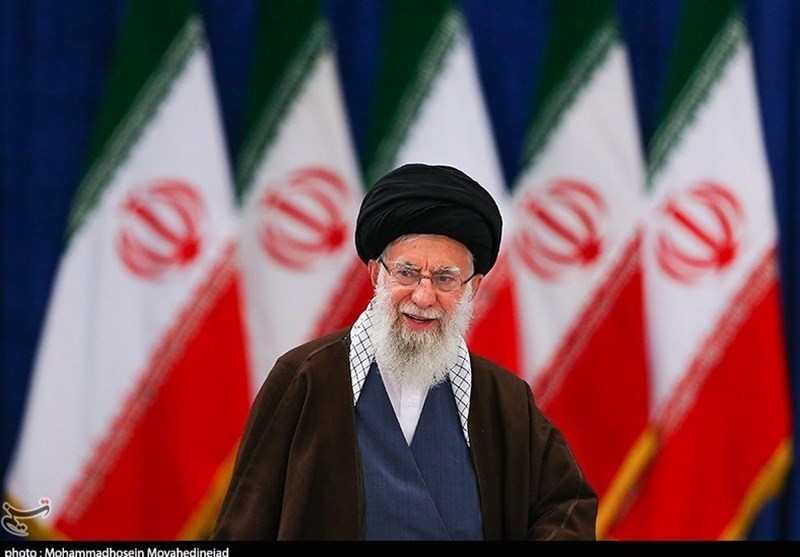Once rich in culture and history, Yemen has been devastated by nearly a decade of war between the Iranian-backed Houthi rebel movement and the post-2011 Arab Uprising internationally recognised government, backed by a Saudi Arabia-led coalition of Arab countries. Yemen is now widely recognised to be facing the world’s worst humanitarian disaster. With hundreds of thousands dead, widespread devastation of schools, hospitals and other civil infrastructure, civil governance collapse, and coerced starvation and poverty of millions, the crisis has poured fuel on pre-existing and new grievances. Despite many attempts at diplomacy, international attempts at achieving lasting peace have largely failed, mostly due to the continued and disputed collapse of ceasefires and the consistent collapse of negotiations.
While diplomatic and political efforts to establish peace have happened miles away, another form of diplomacy, one which is primarily invisible, overlooked and under-acknowledged, has unfolded on the ground with women as leaders in this grassroots peacebuilding work. Women are taking on roles usually reserved for men.
Even while excluded from the peace process formally, Yemeni women are working informally behind the scenes to hold together the community and repair the social fabric of the country torn by the war. Rather than focusing on their secondary status (in a patriarchal context), Yemeni women have utilised their social status (within families), moral authority (within families but social networks), and tribal networks to create ceasefires, humanitarian access, and mediate disputes between tribes in different parts of the country. Yemeni women’s informal actions are partly filling the gap that the lack of progress in formal negotiations has created and reimagining peacebuilding in the highly patriarchal and tribal contexts where women operate, so their contribution should reinforce the need to have women as formal participants in peace processes.
The Yemeni social set-up is predominantly tribal, wherein much of the governance, conflict resolution, and social cohesion has been traditionally conducted by the tribal leaders. Although the state institutions have weakened or collapsed due to war, especially in the countryside, tribal systems remain intact. Though such systems have usually functioned under male domination, they have not been completely off-limits to women. As such, despite being considered as ‘informal actors’, women have long played a quiet but influential role in mediation within their families and communities.
This follows from the fact that the tribal system regards women for preserving the integrity of family systems and the broader community. Not only do they exercise moral authority in homes, but they are also credited with having deep community trust due to being well-integrated in their kinship, cutting across tribes and regions, and having higher levels of emotional intelligence. Therefore, while men may have formal decision-making power, women exercise much informal power. Due to its characteristics of being rooted in kinship and loyalty, the tribal structure offers women a unique space to mediate and build peace through personal and community ties.
This strength displays predominantly during disputes when women often initiate dialogue by arranging meetings between rival groups, negotiating with tribal elders, and at times even intervening physically to stop violence. Herein, they leverage their status as mothers, daughters, and wives to make decisions, defuse conflicts and avoid violence. For instance, a mother of one tribe can go to the other one to promote peace, as she will not be perceived as a threat. The fact that she is a life-giver and a nurturer gives her a moral high ground to plead mercy, compassion and understanding.
Many accounts have emerged out of Yemen concerning how women have risen to the roles of peacebuilders. In Taiz, one of the areas hardest hit by war, women have formed local peace committees to negotiate ceasefires and provide humanitarian corridors. On other occasions, they have been able to negotiate with armed groups to permit aid convoys to go past checkpoints, assuring food and medicine to reach those who need them. Similarly, in tribal Marib, women have used their family relations to resolve a violent land-related dispute between two warring tribes, with a small group of women meeting secretly, initiating dialogue and giving tribal elders a sense of community accountability. Furthermore, women have sought to end the practice of recruiting child soldiers. They have worked through schools and community centres to help mothers understand the risk of their child being recruited and educated and trained young people alternative paths to enlistment.
Yet, this work does not happen in a vacuum; it demonstrates the work of tireless unsung heroes who quietly hold their communities together. In Yemen, the real heroes of resilience are countless women who, away from the proverbial spotlight, have been saving lives, operating on injured people, and holding their communities together during the direst days of war. They are not politicians, not power brokers, but they are mothers, sisters and just people who stepped in amongst their communities because they wanted to protect their families and build peace. Their strength is quiet but remarkable. However, these women are up against reality in regards to patriarchal mindsets, lack of legal protections, and their lack of institutionalised support makes their work unsafe. Even when international organisations such as the United Nations hold peace talks, women are mostly excluded from participating, which in some way upholds the idea that their perspectives on defining the future well-being and future direction of their country are unimportant.
What is informative, however, is at the grass roots level, the networks of women continue to advocate for visibility, training and resources; on the contrary, however, the international community continues favouring larger actors and national agendas at the expense of these remarkable community based, women-led movements which are displacing these community based women’s movements from the approach to gain the recognition and support which these women need desperately.
Despite the obstacles women face, they have continued with understated determination, and when formal mechanisms do fail, women typically find ways to keep the community together. Yet, the relevant empirical evidence continues to suggest that when women are also involved in peace processes, it helps with success and sustainability. According to data from UN Women and Inclusive Security, peace agreements are 35% more likely to last for 15 years or more if women are involved. This can be attributed to women bringing different perspectives, articulating the needs of the community with compassion, and subscribing to social justice and equity. Additionally, even as the value that women bring to the peace and security has been recognised by the UN Security Council Resolution 1325, in the case of Yemen, its implementation remains minimal.
As such, integrating women into the national peace process is a strategic necessity and a moral imperative. Women’s unique knowledge about local context, community legitimacy, and their distinct skills to resolve conflicts are key components to the success of the process. The continued overlooking of women’s contributions risks undermining the very processes that hold communities together. Now, national and international actors need to take their words and put them into action by allowing women into a seat at the negotiating table, access to finances, and the rule of law to protect women’s peacebuilding efforts.
In a country where bombs have rendered the cities silent and diplomacy paralyzed, women are articulating peace not with microphones, but through action. The work of Yemeni women is widely unacknowledged, yet the tenuous threads of the future of the country might unravel without it. Though not meant to replace formal diplomacy, their efforts are a precursor that is essential. It should be realised that unless and until such marginalised voices, worst affected by the war and yet still choose to make peace in its shadow, are not given a seat at the negotiations table, genuine and lasting peace in Yemen will continue to be a mirage for Yemen.
The views expressed are the author’s own.




